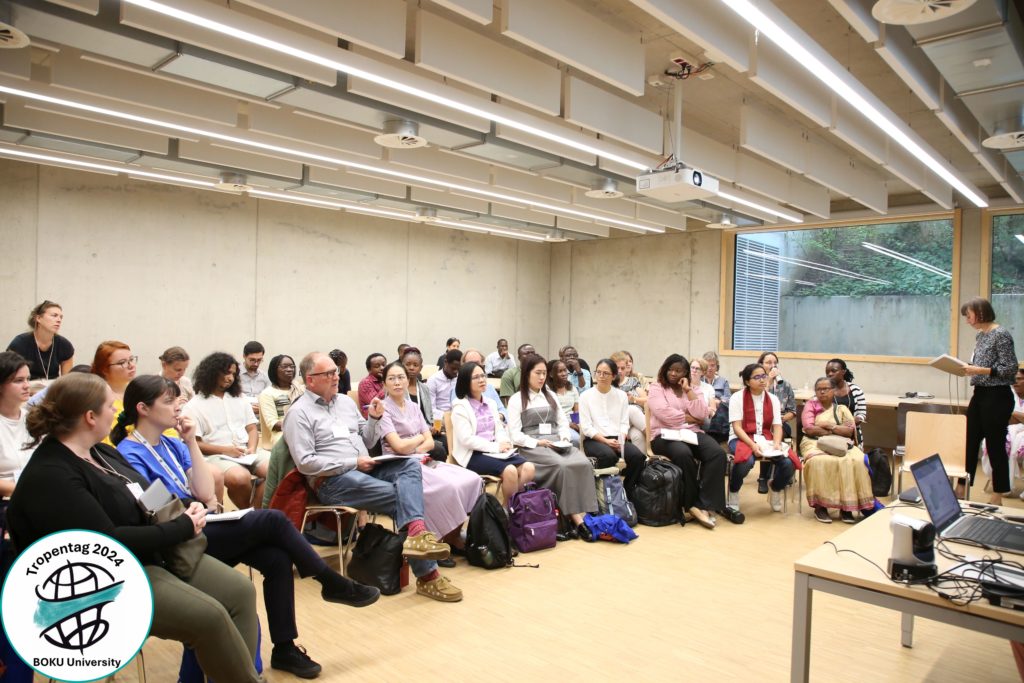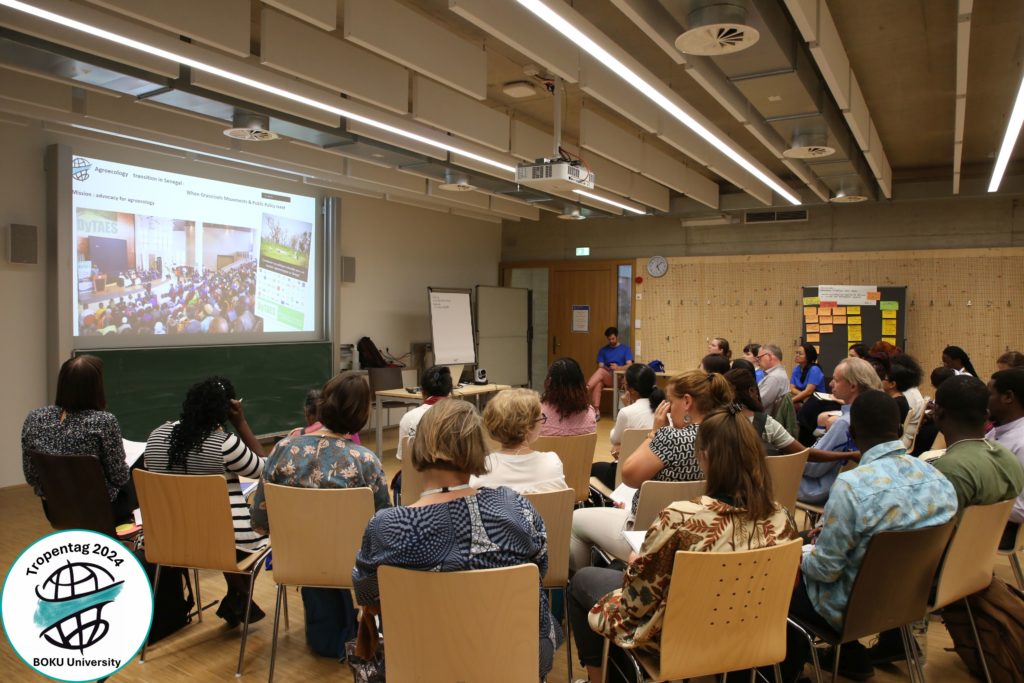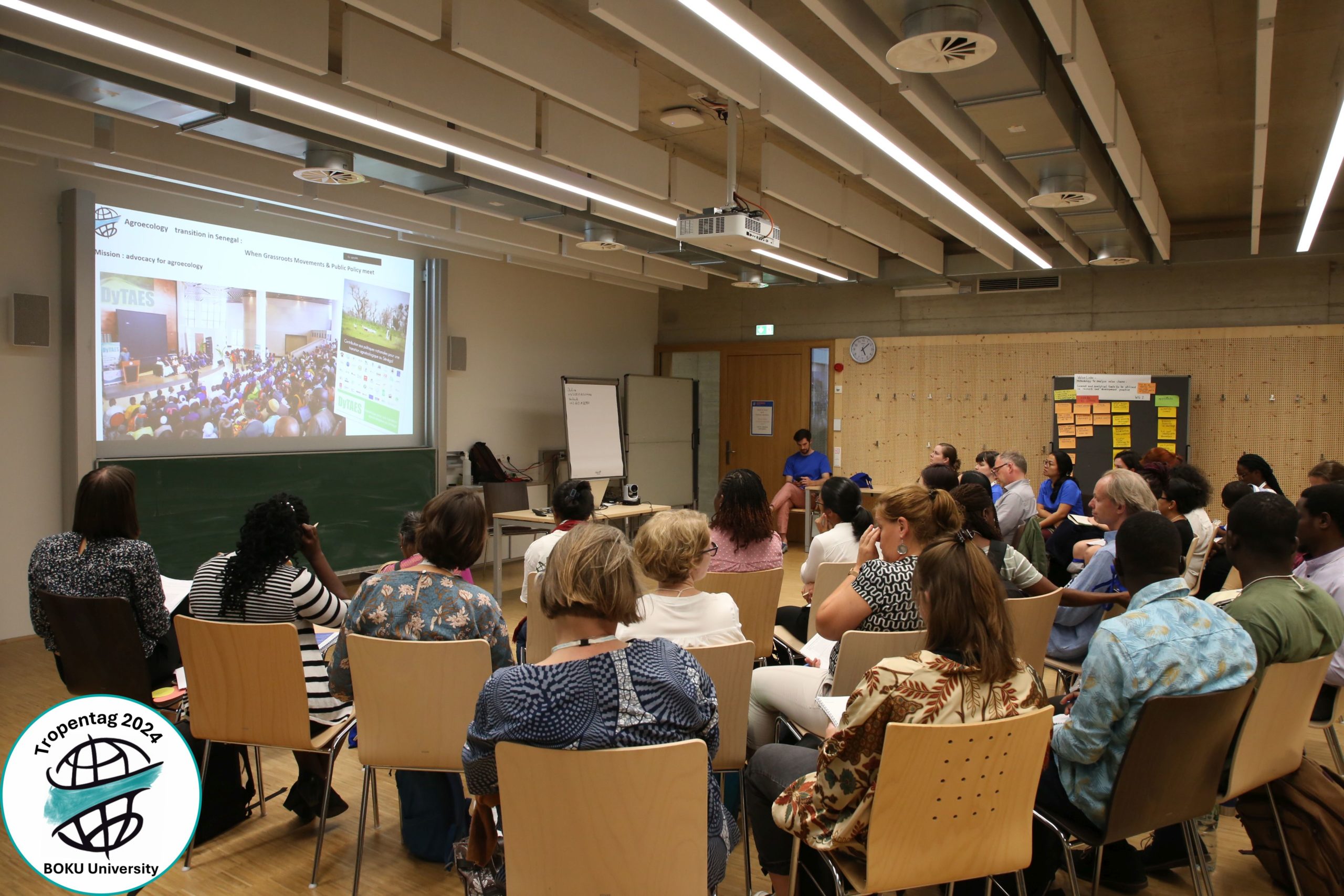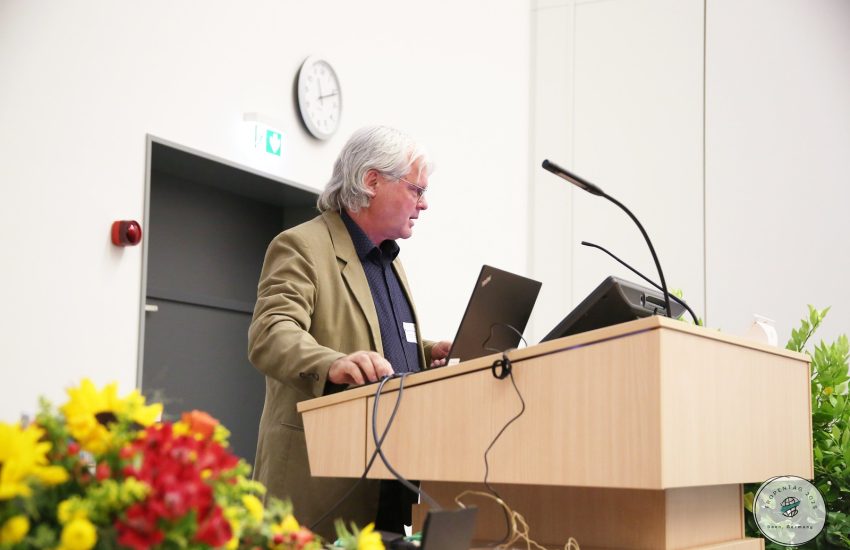Dietary and Environmental Diversity: Pathways to Healthier, Resilient Food Systems
Did you know that while there are over 50,000 edible plant species on Earth, just 15 crops provide 90% of the world’s food energy intake?1 The lack of diversity in our diets not only undermines human health but also reflects the monoculture-dominated landscapes of modern agriculture. The interconnectedness of human and planetary health is a central theme at Tropentag 2024, where various presentations and workshops illustrate the need for more diverse food systems.

One such initiative is the HealthyDiets4Africa project, which aims to tackle malnutrition and improve food security by promoting food system diversification across Africa. Emmanuel Donkor, project manager from the Justus Liebig University Giessen (JLU), emphasized that diversifying elements along the entire food chain can enhance nutritional health while delivering environmental benefits. The project believes that diversifying at every level – from farms and ecosystems to supply chains and markets – will lead to more varied diets and more resilient agroecosystems, e.g., by promoting diverse cropping systems and “forgotten” but nutritious crops.
Another example is the Agroecology in School Cantines project in Senegal. Modou Gueye Fall from the Senegalese Institute of Agricultural Research (ISRA) shared how schools in Senegal are integrating agroecology into their menus. The project promotes local and healthy dishes in school meals to support dietary diversity. Local farmers are connected with school canteens, resulting in a shorter food chain. Moreover, school gardens provide students with hands-on experience in food production and also create small patches of diverse agricultural land.
Lastly, Consolata Musita from The Alliance of Bioversity International & CIAT presented her research on the role of home gardens in improving dietary diversity and household food security in Kenya’s urban informal settlements. Energy-dense yet nutrient-poor foods dominate these areas, and home gardens offer a promising solution for access to nutritious food. Despite the challenge of space limitations in urban contexts, these gardens have the potential to enhance food security by producing nutrient-rich crops.

These examples highlight the importance of dietary and agricultural diversity in building resilient food systems that benefit both people and the planet.
- United Nations Food and Agriculture Organization: Agriculture and Consumer Protection. “Dimensions of Need – Staples: What do people eat?”. Retrieved 12 September 2024. ↩︎
Author: Lisa Vissers



